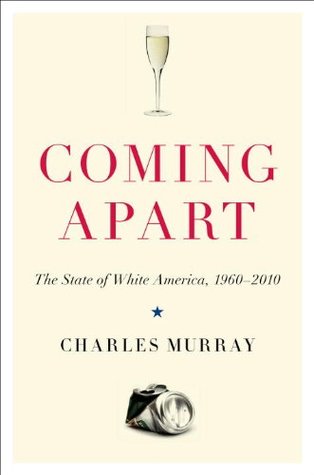Religion’s role as a source of social capital is huge. “As a rough rule of thumb,” Robert Putnam wrote in Bowling Alone, “our evidence shows [that] nearly half of all associational memberships are church-related, half of all personal philanthropy is religious in character, and half of all volunteering occurs in a religious context.”1 But it’s not just the contributions of Americans in religious settings that make religion so important to social capital. People who are religious also account for a large proportion of the secular forms of social capital.
Welcome back. Just a moment while we sign you in to your Goodreads account.


